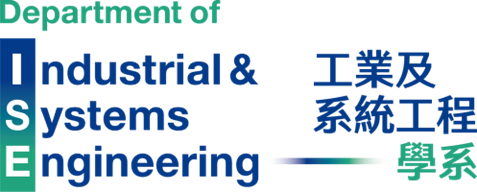Train scheduling for metro lines
Research Seminar Series

-
Date
05 Dec 2024
-
Organiser
Department of Industrial and Systems Engineering, PolyU
-
Time
11:00 - 12:30
-
Venue
Online via Zoom
Speaker
Dr Yihui Wang
Remarks
Meeting link will be sent to successful registrants
Summary
With the increasing of passenger demand and the saturated operations of trains in urban rail transit lines, the planning process is attracting more and more attention, because the operating costs of rail operators and the passenger satisfactions are hugely influenced by the quality of the planning process. In this talk, we are going to investigate the integration of train scheduling and rolling stock circulation planning for an urban rail transit line. Different solution approaches are proposed to solve the resulting multi-objective mixed-integer nonlinear programming (MINLP) problem to deliver both a train schedule and a rolling stock circulation plan simultaneously. In addition, unexpected events occur more frequently in metro systems, which may cause serious disturbances and even disruptions for the operation of trains. This talk also studies the integrated train rescheduling and rolling stock circulation planning problem for the blockage situations in a metro line. Comprehensive experiments are carried out based on the practical data of Beijing Subway Lines to show the effectiveness and efficiency of the proposed model and solution approaches.
Keynote Speaker

Dr Yihui Wang
Associate Professor
State Key Laboratory of Rail Traffic Control and Safety,
Beijing Jiaotong University, China
Yihui Wang received the B.Sc. degree in control engineering from Beijing Jiaotong University, Beijing, China, in 2007. She received her Ph.D. degree in hybrid control of railway systems from the Delft Center for Systems and Control, Delft University of Technology, Delft, The Netherlands in 2014. Now she is an associated professor with the school of Automation and Intelligence, Beijing Jiaotong University. Her research interests include energy-efficient train control, train (re)scheduling, rolling stock circulation planning, and model predictive control.
You may also like














